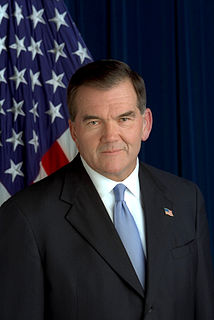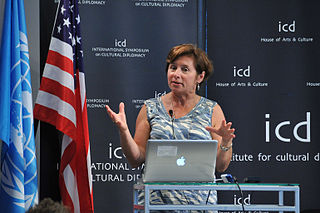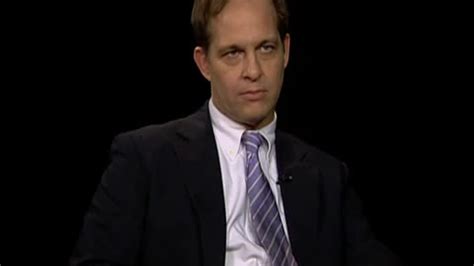A Quote by Edward Said
They [root causes of terror] come out of a long dialectic of U.S. involvement in the affairs of the Islamic world, the oil-producing world, the Arab world, the Middle East - those areas that are considered to be essential to U.S. interests and security.
Related Quotes
Oil remains fundamentally a government business. While many regions of the world offer great oil opportunities, the Middle East with two-thirds of the world's oil and the lowest cost, is still where the prize ultimately lies, even though companies are anxious for greater access there, progress continues to be slow.
So much of what we see and hear about the Middle East focuses on what we call politics, which is essentially ideology. But when it comes to the Middle East, and especially the Arab world, simply depicting people as human beings is the most political thing you can do. And that's why I chose to write about food: food is inherently political, but it's also an essential part of people's real lives. It's where the public and private spheres connect.
The programs supported by the International Affairs Budget are as essential to our national security as defense programs. Development and diplomacy protect our nation by addressing the root causes of terrorism and conflict. But it's not just about security. By building new markets overseas for American products, the International Affairs Budget creates jobs and boosts the economy here at home.




































